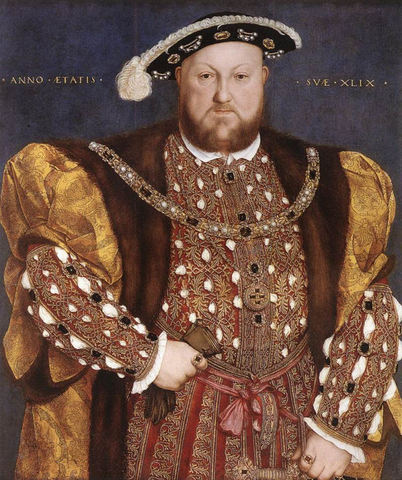"Mustache" appears to be from the mid-late 16th century of French, possibly Italian/Spanish origin.
1580s, from French moustache (15c.), from Italian mostaccio, from Medieval Greek moustakion.
Borrowed earlier (1550s) as mostacchi, from the Italian word or its Spanish derivative mostacho. The plural form of this, mustachios, lingers in English. (Etymonline)
One can reasonably assume that mustaches were commonly worn also before the 16th century as the following source shows:
Jan. 1st, 1535 - Henry VIII
"In Enland Henry VIII brought back the beard and mustache look. Men wore whatever length and style that suited them".
Questions:
What was the common Middle English term for mustache and why was it replaced? Was mustache used in some literary work that made it popular for instance?

